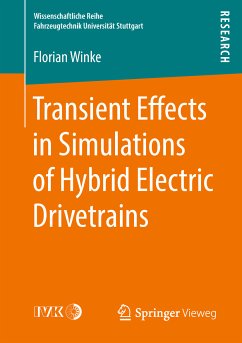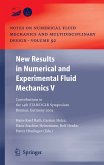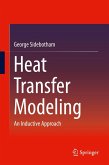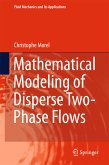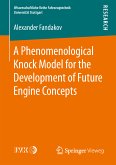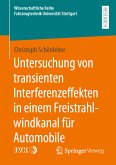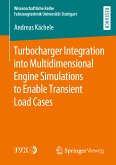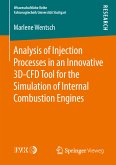This work presents an investigation of the influence of different modeling approaches on the quality of fuel economy simulations of hybrid electric powertrains. The main focus is on the challenge to accurately include transient effects and reduce the computation time of complex models. Methods for the composition of entire powertrain models are analyzed as well as the modeling of the individual components internal combustion engine and battery. The results shall help with the selection of suitable models for specific simulation tasks and provide a deeper understanding of the dynamic processes within simulations of hybrid electric vehicles.
Contents
- Powertrain Modeling
- Internal Combustion Engine Modeling
- Battery Modeling
Target Groups
Students and scientists in the field of simulation, hybrid powertrains, alternative drives and internal combustion engines
About the Author
Florian Winke was research associate at the Research Institute of Automotive Engineering and Vehicle Engines Stuttgart (FKFS), where he worked on modeling and simulation of hybrid electric powertrains. After finishing his doctorate, he joined a German automotive manufacturer, where he is working in software development in the field of hybrid operation strategies.
Dieser Download kann aus rechtlichen Gründen nur mit Rechnungsadresse in A, B, BG, CY, CZ, D, DK, EW, E, FIN, F, GR, HR, H, IRL, I, LT, L, LR, M, NL, PL, P, R, S, SLO, SK ausgeliefert werden.

